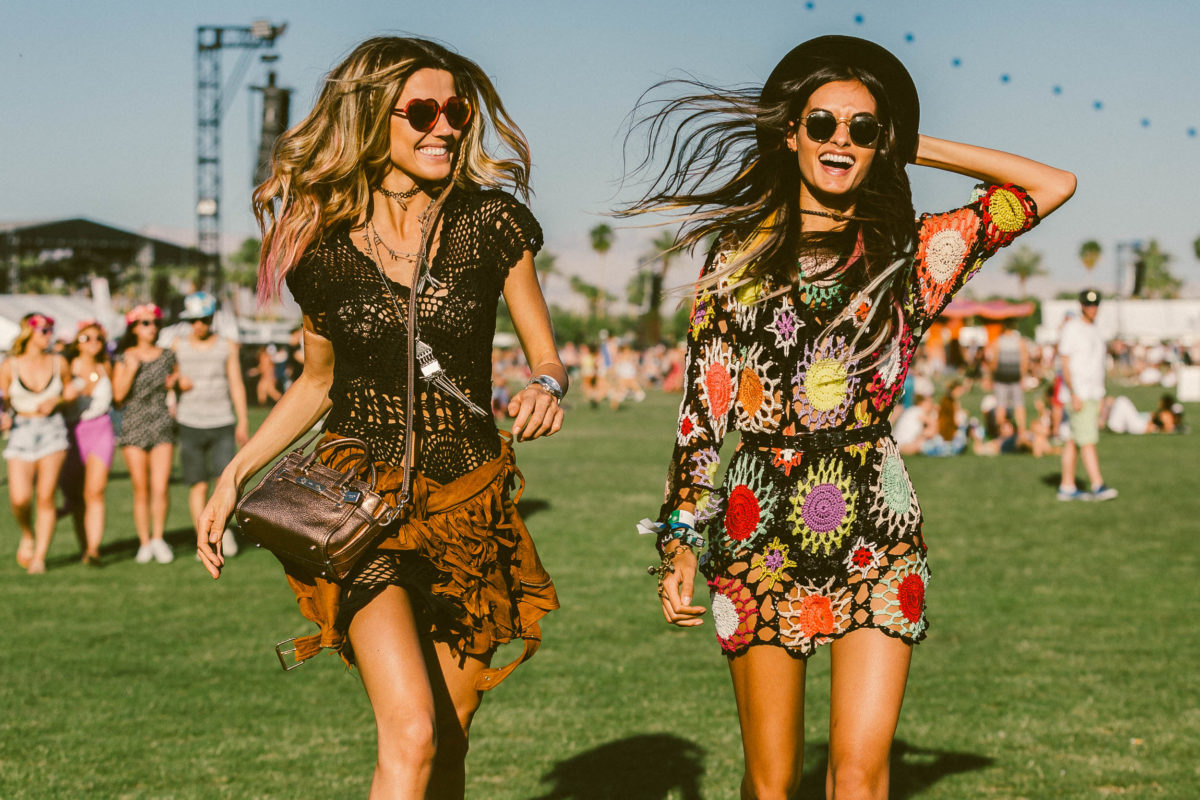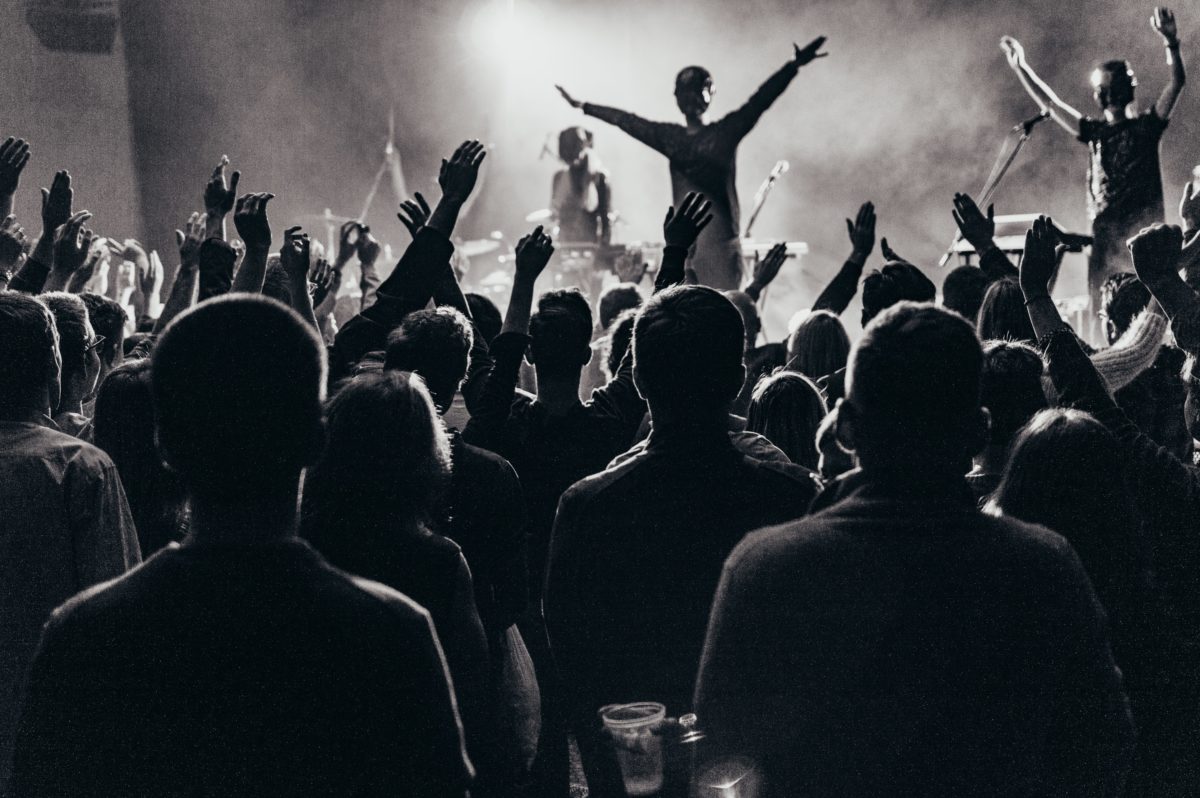It is a sensation that almost everyone has experienced at one stage or another while at a music festival – the feeling of group happiness; of something taking over you.

With Gladys’ War on Music well under way, and the NSW Government’s incursion of freedoms and culture hindering festival life in Sydney, FIB takes gives you scientific evidence about the physical and mental benefits of festivals.
This special shared energy experienced at music festivals has been attributed to what French sociologist Emilie Durkheim calls, “collective effervescence.”
Basically, it’s what happens when a group of people are allowed to communicate the same thought and emotion simultaneously while participating in the same movement. When you are dancing with a group of people, big or small – a current of energy flows through the space, connecting everyone.
Studies have shown that when a group listens to live music, their brain waves synchronise forming a bond that indicates each person is having a better time while being a part of a collective. People who had more synchronised connections to others in the audience enjoyed the concert more, and additionally felt more connected to the performers creating greater levels of happiness.
Regardless of levels of possible intoxication, this energy is felt by all those communicating through movement and song.
On-going research by psychologists and neuroscientists all around the world have connected the impact of music on our physical and mental well-being – with evolution experts in agreement that humans have always danced to strengthen relationships, communicate and bond with each other.
In 1922, anthropologist Alfred Radcliffe-Brown wrote,
“As the dancer loses himself in the dance, he reaches a state of elation in which he feels himself filled with an energy beyond his ordinary state . . . at the same time finding himself in complete and ecstatic harmony with all of the fellow members of his community.”

So, what are the positive health benefits of music festivals
- Stress relief
A study done in 2016 looked into the effect of live versus recorded music experiences on people. While monitoring participants’ heart rates in each condition, they found that live music performances actually had a stress-reduction effect on the audience.
- ‘Happy’ hormone
As mentioned above, watching a musical act live is an emotional experience for all involved. Festival goers often find themselves flooded by feelings of sentiment, nostalgia and happiness. The group environment, as well as music, trigger releases of dopamine. This release is very similar in fact, to the insane amount of dopamine released through cocaine use – just without the negative side effects!
3. Pain relief
The happy atmosphere of festivals also promotes brain health through triggering a release of endorphins – the neurotransmitters responsible for blocking pain.
- Growth
With time and space to explore, music festival goers are known to go through feelings of personal growth and discovery – experiencing a greater sense of well-being, acceptance by self and others, and general feelings of positivity towards life.
- ‘Oneness’
Music festivals generate a sense of community, of camaraderie. Standing together in a group of hundreds or more, all synchronising to the same beat, creates an undeniable and indescribable sense of oneness within a sea of strangers.
As Actor and Journalist LZ Granderson said;
“Complete strangers can stand silent next to each other in an elevator and not even look each other in the eye. But at a concert, those same strangers could find themselves dancing and singing together like best friends. That’s the power of music.”
Music festivals, for the most part, represent the potential of society. A collective of thousands of people regardless of gender, race or economic standing – moving and signing in unity.






